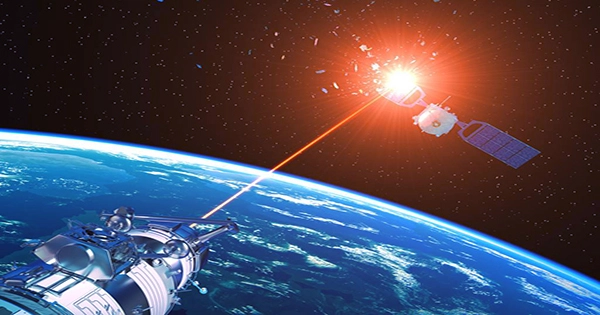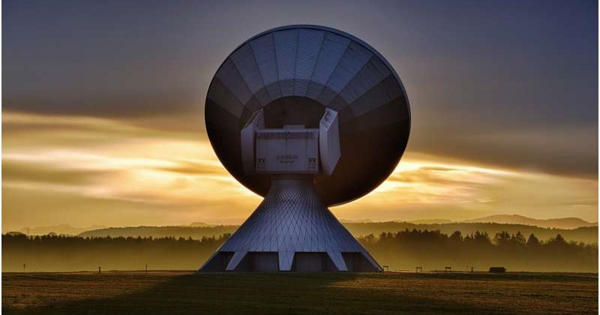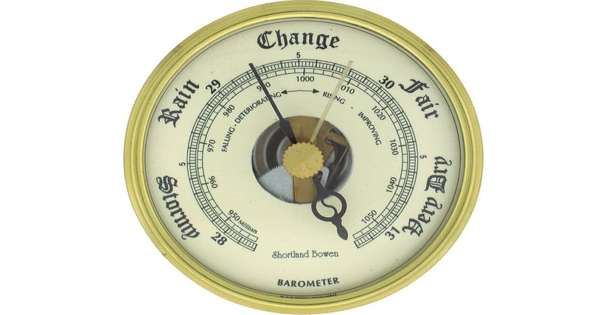According to a joyful new analysis from Allied Market Research, the worldwide nuclear bombs and missiles market is poised to surge this decade, which is terrible news if you’re a living entity on planet Earth, but champagne-popping wonderful news if you’re part of the military-industrial complex. The COVID-19 epidemic depleted national military budgets and crippled heavy weapon manufacture, but the sector appears to be on the mend, due to rising geopolitical tensions and the danger of border clashes throughout the world.
According to the research, the worldwide nuclear bombs and missiles market was worth $72.64 billion in 2020, but is expected to expand to $126.34 billion by 2030, with a compound annual growth rate of 5.4 percent from 2021 to 2030. The worldwide market is dominated by North America and Russia, but Asia might be on the verge of a tremendous surge, with India, Pakistan, and China all wanting to expand their arsenals and exercise their geopolitical power.
According to the report, both Russia and the United States are planning to expand their nuclear arsenals. The United States and Russia each possessed 5,550 and 6,255 nuclear weapons in 2021, with those numbers predicted to climb to 6,380 and 6,734 in 2030. However, superpowers are unlikely to “go big” with their nuclear weapons.
According to the paper, there would be a higher demand for smaller nuclear bombs that are faster and easier to deploy. This is most likely to involve “tactical nuclear weapons,” which are designed to be used alongside conventional forces on the battlefield, as opposed to “strategic nuclear weapons,” which are designed to destroy military bases, energy infrastructure, transportation links, and economic centers from afar. According to the analysis, active nuclear missiles and bombs made up more than two-thirds of the market in 2020, while the number of reserve and retired warheads is expected to rise by 2030.
This is owing to international treaties and consortiums prohibiting nuclear weapons, which, according to the research, have a history of stifling industry expansion. Some of the world’s major nuclear powers — the United States, Russia, the United Kingdom, China, and France — signed a joint declaration in early 2022 stating that “nuclear war cannot be won and must never be waged.”
“Because the deployment of nuclear weapons would have far-reaching implications, we likewise declare that nuclear weapons should be used for defense purposes, to deter aggression, and to prevent war for as long as they exist.” “We are certain that the proliferation of such weapons must be stopped,” the joint statement said. However, this comment was made before to one of the world’s most significant geopolitical upheavals, Russia’s invasion of Ukraine. Let’s hope for the best that fingers keep away from the red button.
















